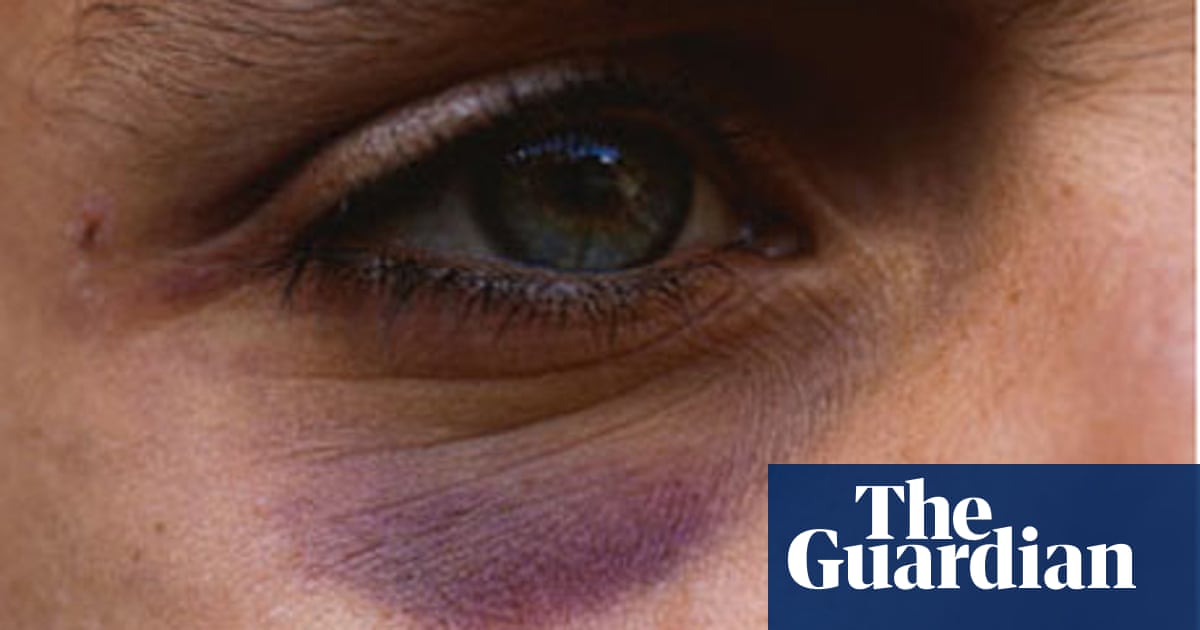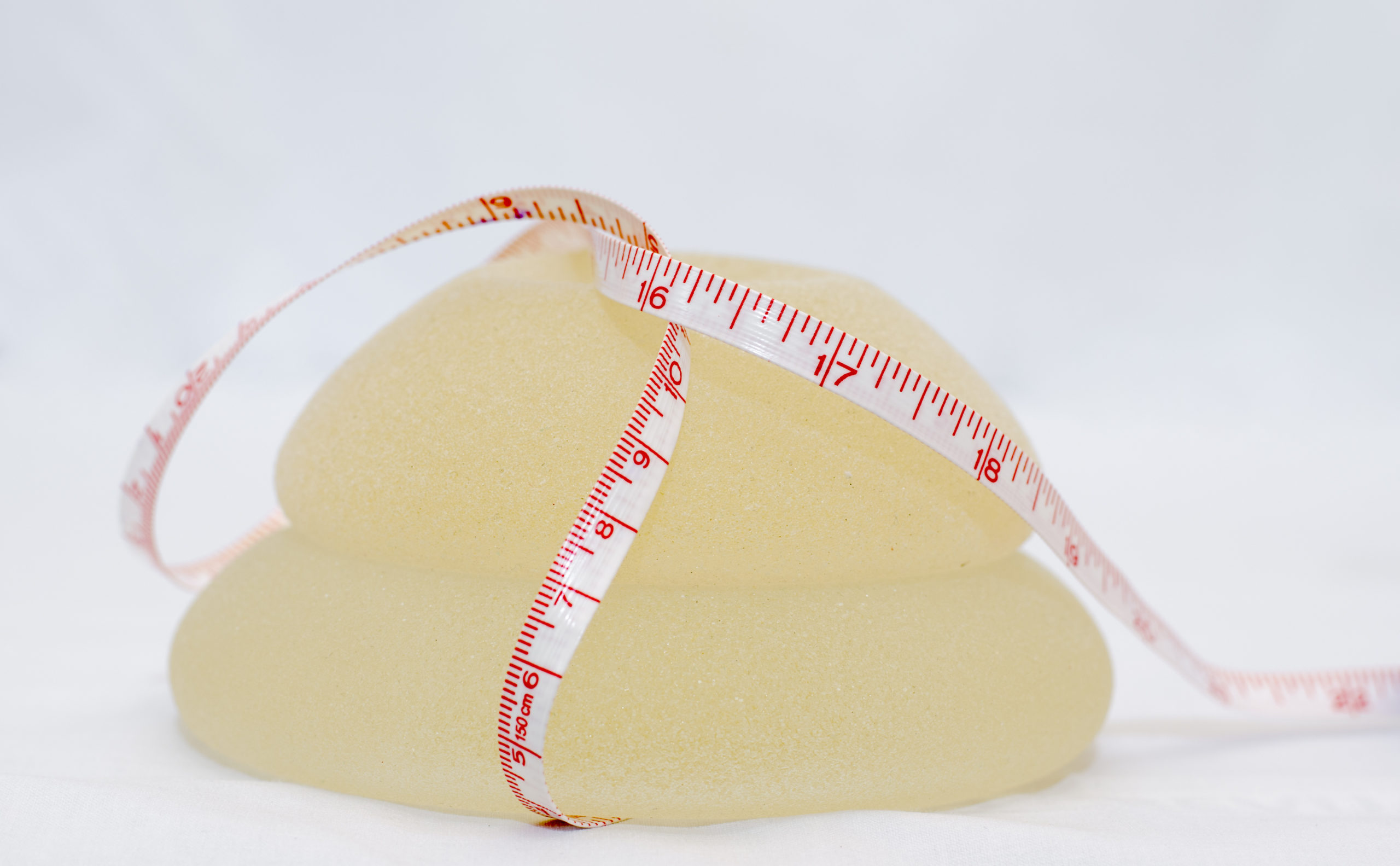
If you are looking to have a breast implant placed after radiation treatment, it may be worth considering an autologous tissues breast reconstruction. This involves transferring excess abdominal tissues to your chest with the specialized techniques used in microsurgery. This surgery is performed by a surgeon who is both double-board-certified and fellowship trained.
Incidences of complication
Radiation treatment complications can have a significant impact on the outcome of breast implants surgery. Multiple procedures may be required before satisfactory results are achieved. Breast implants may need to be removed in severe cases. Another problem is hematoma. This is an accumulation of blood near a surgical site. This can cause swelling and bruising. If the patient has had a prior infection or seroma, this complication is likely to happen. The doctor may have to perform a reoperation in order to treat the problem.
Implant contracture (or asymmetry) is another danger associated with radiation treatment. This is usually caused by muscle and may require revision surgery to correct. The surgeon will measure your contracted superior pole contour prior to the surgery. He or she will also measure your desired superior pole contour, which is approximately two to four cm below the contracted pole contour. The final breast shape should be in line with the contralateral, non-irradiated breast.

Impact on quality-of-life
The impact of radiation and breast implants on quality of life is an ongoing topic in breast cancer research. Research is showing that patients are happier with their cosmetic results and have a better quality of lives when they combine the two procedures. But, it is still controversial as to which one is better. The best approach for patients can be determined by research.
Modern surgery and radiation therapy may reduce the chances of breast carcinoma recurrences. With modern treatments, the recurrence rate is 5% to 7% after ten years, and 6% to 7% after 20 years. Radiation therapy is also a risky treatment for breast cancer survivors. This increases the possibility of complications.
Complications
Breast implants or radiation therapy pose a risk to women. These include a loss of breast firmness and elasticity. Radiation can also damage the microvascular circulation, reducing bloodflow. These side effects can last a lifetime. Radiation can also cause inflammation within the lungs. This can lead to dry coughing and shortness in breath.
Two-year complication rates for breast reconstruction patients with breast implants or radiation were evaluated by researchers. Patients who had radiation and breast implants were found to have at least one complication. This is higher than patients who had only implants and underwent autologous restoration. However, the overall complications rates were very similar.

Treatment options
Radiation-induced breast carcinoma and breast implants can be treated with autologous tissue transfers and breast reconstruction. The second involves transferring fat and excess skin from the abdomen back to the chest. This method improves the quality and blood supply of the chest wall tissues. This procedure is more time-consuming, but can be performed with fewer complications.
Breast implantation surgery and radiation therapy can have many risks. It is important to choose the best treatment option for your comfort and overall health. In addition, radiation can leave scarring and hardening of the breast implants, causing a less desirable cosmetic result. Chronic pain can also be caused by radiation therapy. Radiation therapy may also lead to chronic pain. Breast reconstruction is therefore recommended.